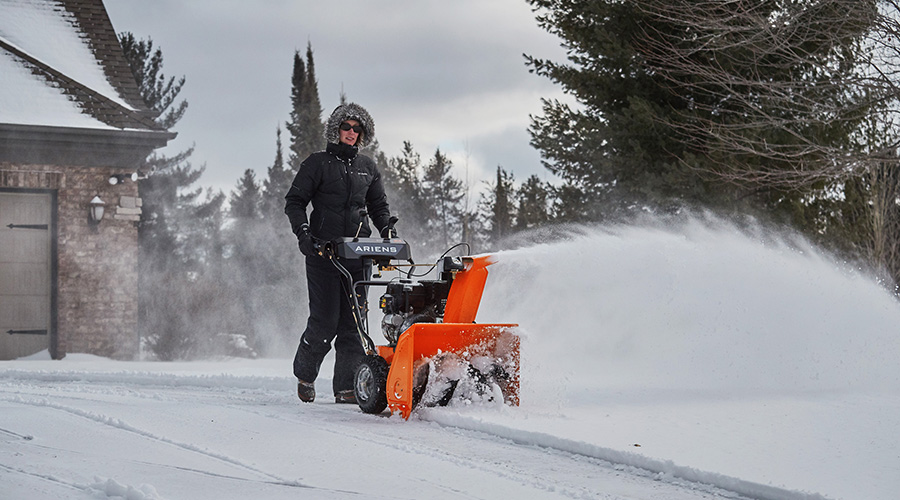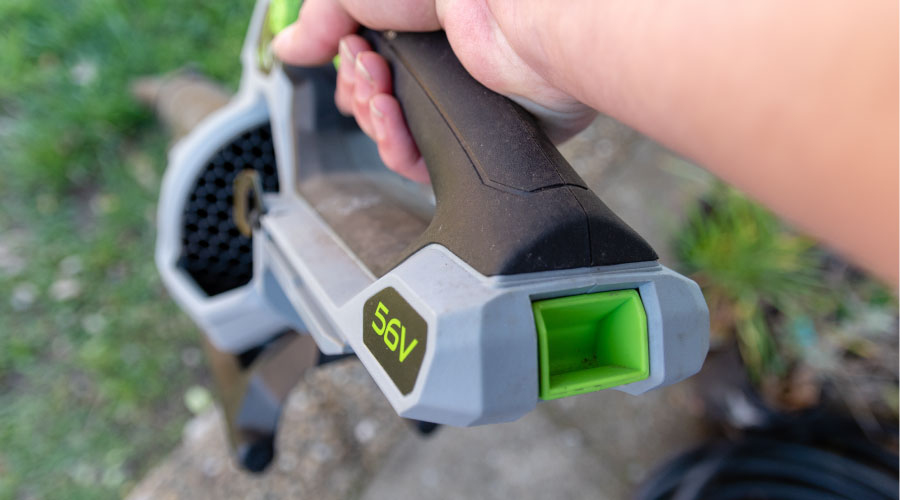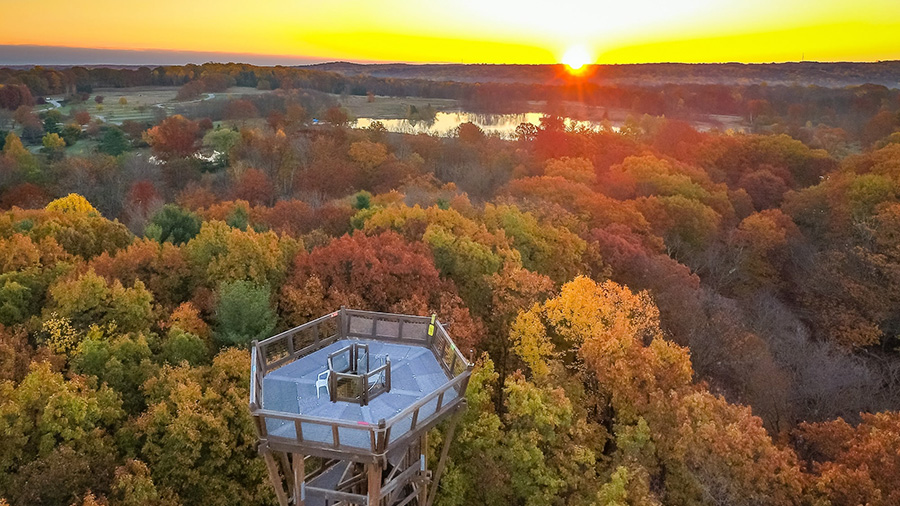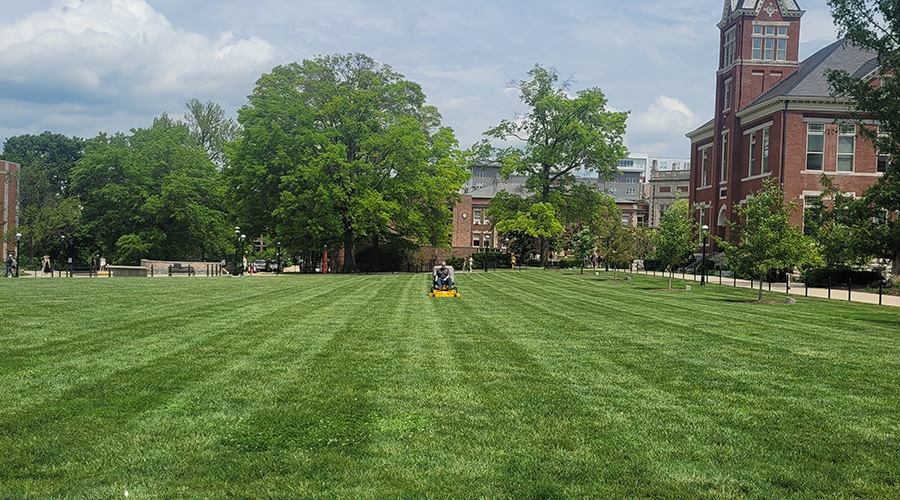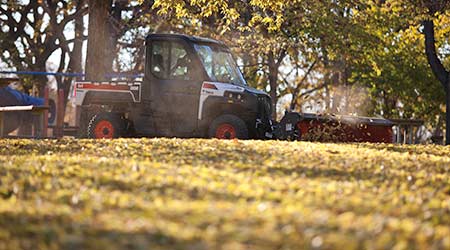 The popularity of utility vehicles has inspired manufacturers to innovate their products with the additional strength, durability and versatility needed to meet growing customer demands.
The popularity of utility vehicles has inspired manufacturers to innovate their products with the additional strength, durability and versatility needed to meet growing customer demands.The Cost of Utility Vehicle Ownership
By understanding equipment options and department needs, managers can select vehicles that deliver productivity and performance
Before making a commitment to a utility vehicle or and ATV, managers need to protect their budgets by calculating the total cost of ownership. The process starts with the price of the vehicle, including options and extras, along with the finance charges or lease factors and any associated fees.
Add to this number efficiency costs, including service and maintenance charges — oil changes, lubrication, replacement of filters, belts and tires — as well the fuel type and the amount of that fuel the machine burns per hour.
Managers also need to add yearly expenses, such as insurance costs and service plans, along with estimated repairs and manufacturer recommended services not included in the maintenance plan.
When forecasting costs, managers need to keep in mind that by keeping the vehicle after the service plan and warranty period expires, they have to pay all future maintenance and repair costs.
Narrowing the search
Once managers have identified the tasks and requirements the vehicle must fulfill and determined the total cost of ownership, they need to determine which kind of vehicle is the best fit. For those who decide to purchase a utility vehicle, the next step is to research equipment options.
Many manufacturers are innovating utility vehicles to perform grounds care tasks traditionally performed by work trucks. Utility vehicles are not just for recreation anymore. They have become versatile, durable, and comfortable, and they come with a variety of features and attachments that make them an asset for grounds departments.
While managers have access to a great deal of information to help them focus on brand preference, most make purchases based on the equipment’s attachments and functionality. For example, a manager in a region that experiences winter weather will focus on snow blower and blade attachments and probably wants an enclosed, heated cab.
For departments that need to perform a great deal of debris cleanup, a rotary broom attachment is essential to make the job easier. Sprayer attachments also are becoming popular among managers, and a range of utility vehicle attachments can expand the versatility of the equipment.
In addition to finding the model that offers all the options that operators need, managers also need to buy from a reputable dealer near the facility because every minute of downtime is costly to operations.
Even though managers make a purchasing decision in part on equipment reliability, they still need to ensure mechanics and operators have access to reliable parts and support, since the unit will require regular service. And if it requires repairs, the closer the dealer is to the facility, the better.
Utility vehicles also offer additional advantages. The cost savings in fuel, maintenance and insurance as compared to expensive work trucks makes utility vehicles viable alternatives. They feature plenty of horsepower, offering speed and power where operators need it. They can operate on gasoline, diesel, and propane, and some even feature electric engines. Beyond that, a utility vehicle can go places a commercial vehicle cannot, and their compactness makes them easier to haul and store.
If the specification process seems overwhelming to handle alone, managers should not hesitate to talk to a local dealer, who will gladly offer guidance in choosing the most appropriate equipment option based on a landscape’s unique demands.
Mike Fitzpatrick is vice president of U.S. Lawns — www.uslawns.com — which has more than 260 franchises nationwide. Fitzpatrick has more than 30 years of experience in the green industry.
Related Topics:












